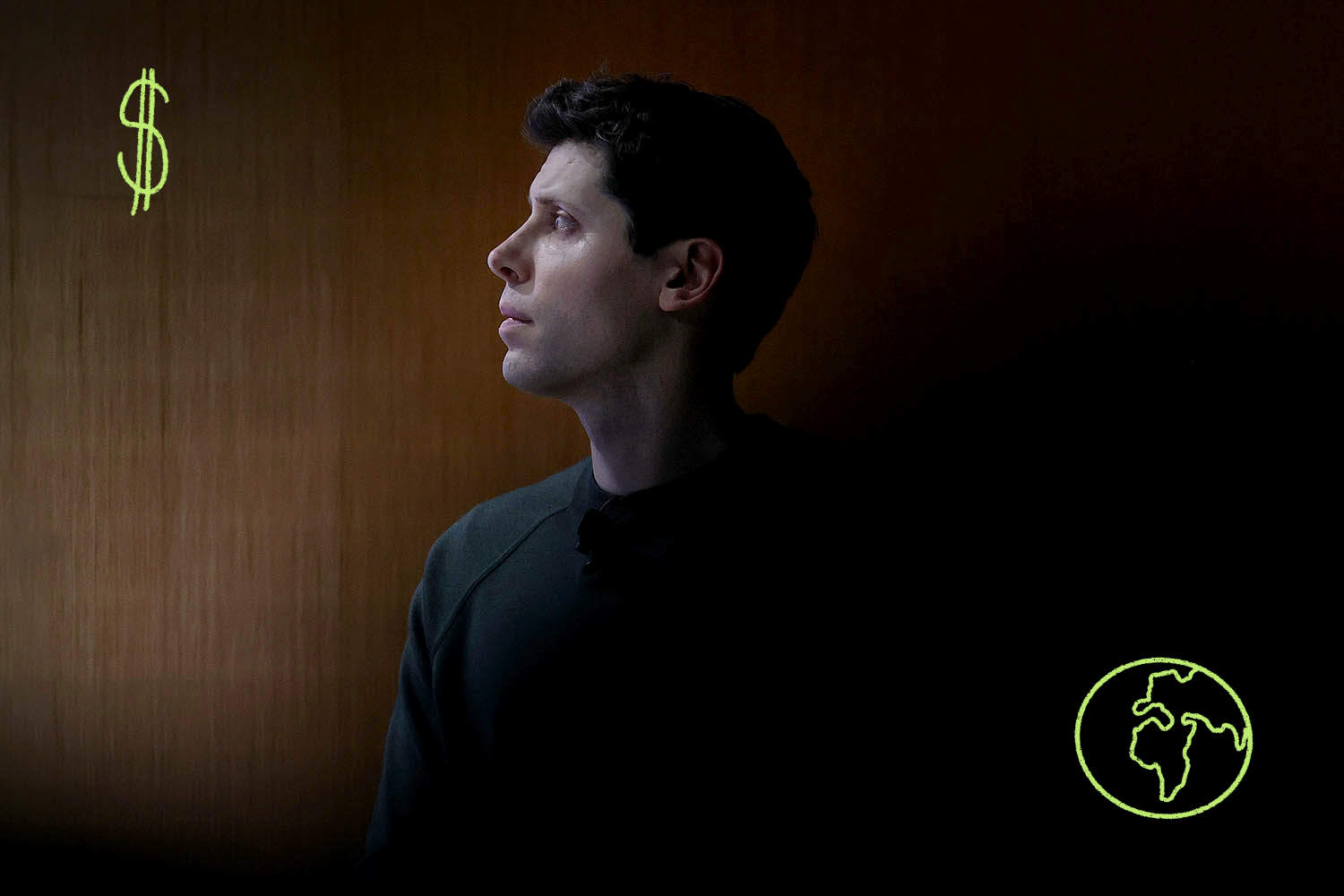
OpenAI, the company behind ChatGPT, has raised $6.6 billion in its latest funding round. It’s the largest fundraise in Silicon Valley’s history and has nearly doubled the company’s valuation to $157 billion.
So what? This does not mean OpenAI’s products are twice as intelligent as they were a few months ago. It just means the company is twice as focused on money. Also:
- its founder could be in line for an eleven-figure fortune;
- his staff are going to have to decide whether to follow him in pursuit of dollars or stick with their original goal of benefitting all humanity; and
- the sector as a whole is going to have to start to pay its way.
For context: OpenAI has never made a profit and is on course to lose $5 billion this year, but its market cap would make it the second-largest company in the FTSE 100.
East Coast analysts are starting to wonder if West Coast software engineers will ever
- find a commercial use for AI’s large language models (LLMs); or
- make a reality of artificial general intelligence (a version that supposedly could think for itself and even eclipse humanity).
Even so, about 10 million ChatGPT users pay OpenAI $20 a month, and the company’s revenue is up 1,700 percent since the beginning of 2023, nearing $4 billion this year.
Cult of altruism. OpenAI was founded as a nonprofit on the twin principles of “openness” and subordinating AI to humans rather than vice versa.
Cult of Sam. Its founder, Sam Altman, has spent the past year consolidating his power after briefly losing it in an argument with his more idealistic co-founders last November. Since then more than 20 researchers and executives have left the company. Having previously said he wouldn’t take an ownership stake because he has “enough money”, Altman is now discussing the possibility of holding equity (although he’s dismissed as “ludicrous” a Bloomberg report that it could be worth $10 billion).
Cult of AGI. Artificial general intelligence remains OpenAI’s lofty holy grail even though it has no strict definition and the quest for it could tear the company apart:
- Internal disputes. There has always been a dissonance between OpenAI’s altruists and those who want to move fast and break things in the name of AGI. Now the WSJ says this divide could destabilise the company and drive away its researchers.
- External doubt. Some observers doubt that AGI exists even in principle, and Goldman Sachs Research recently questioned whether the $1 trillion invested in generative AI and LLMs will ever pay off.
Stake in the ground. Such scepticism cuts little ice in Silicon Valley, where OpenAI has told investors not to fund its competitors, including Anthropic and Elon Musk’s xAI (Musk cofunded OpenAI and left in 2018). OpenAI can make this highly unusual case because investors believe it’s the frontrunner in a race for a technology that could change the world as the internet and mobile did.
No limits. On Monday the governor of California vetoed a landmark bill designed to regulate AI companies, saying it could stifle innovation.
No business model. OpenAI is duly innovating – and burning through cash. Machine learning engineers are expensive to employ, but the real cost is the computing required to train the models.
Altman isn’t worried. “Whether we burn $500 million a year or $5 billion – or $50 billion a year – I don’t care, I genuinely don’t,” he told Stanford University students in May. “As long as we can figure out a way to pay the bills, we’re making AGI. It’s going to be expensive.”
Investors may recoil.
What’s more… They may decide cheaper, smaller, less ambitious uses of AI are the way to go. Google’s newly-released organisational tool, NotebookLM, can search through 500,000 words of notes at a time, answering user queries and making disturbingly good podcasts out of thin air. These more focused language models will change the world faster than AGI. They might even turn a profit.












